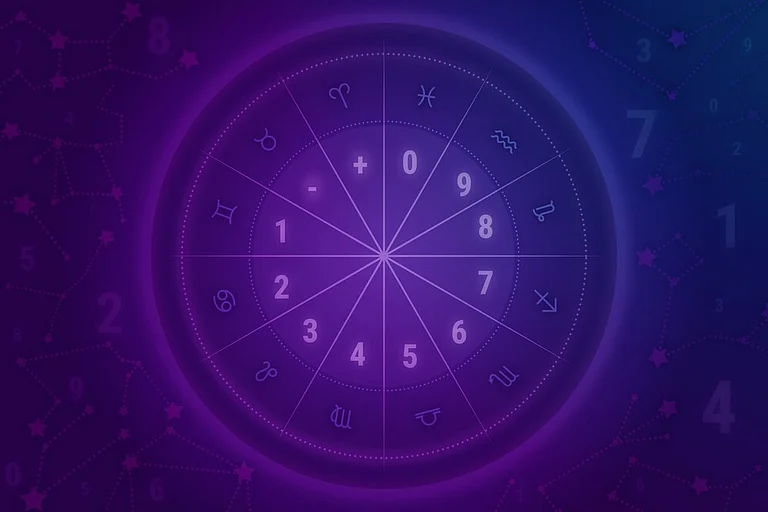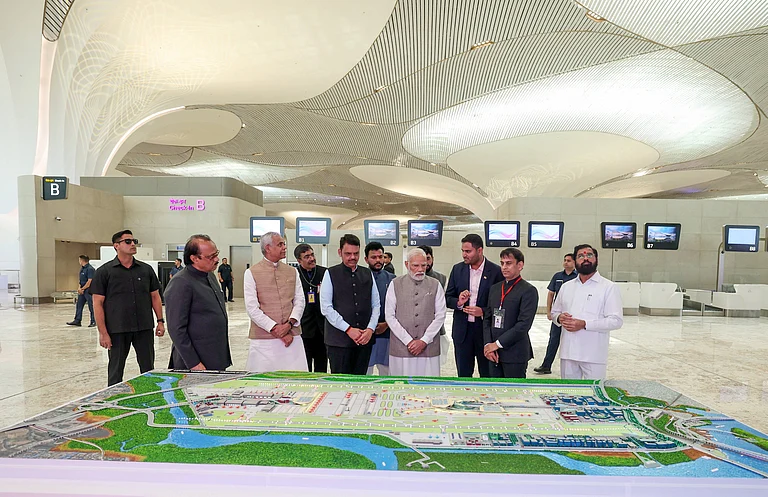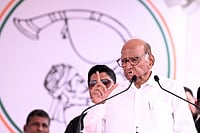The United States, India along with other partner countries are working on an appropriate way to regulate Artificial Intelligence (AI) and how they should bring the international community together to think about this new-age technology as a policy matter, said a visiting American diplomat on Tuesday.
Elizabeth M Allen, US Under Secretary for Public Diplomacy and Public Affairs, maintained AI is not all that bad and highlighted its benefits. Speaking on the topic "Leveraging Youth to Strengthen US.-India Partnership" at the University of Mumbai's Convocation Hall here, Allen said deep fake and unauthenticated content is a "threat to democracies everywhere, particularly in an election year".
"So, the US, India and partners around the world are working on what is an appropriate way to regulate AI and how should we bring international community together to think about AI as a policy matter," she stated. "The US is leading on authenticating content and on labelling content that has been generated by AI because we want information consumers, audiences all of us to understand where the content is coming from," she said.
US Consulate's Public Diplomacy Officer Brenda Soya interviewed Allen and Indian journalist Shubhajit Roy during the event. The visiting diplomat said she considers AI, which refers to the ability of computer systems to perform tasks commonly associated with intelligent beings, as an opportunity and does not see it just as a bad thing.
"I think we should not think that AI is only for bad. Indeed, it is quite good. It is going to save people's time. It is going to lead to technological solutions that will help us solve problems like hunger and access to healthcare, and I think we really have to look at the opportunities of AI," Allen insisted.
To a question about the ongoing conflict in the Gaza Strip, where Israeli troops are fighting militant group Hamas since October last year following cross-border raids into the Jewish state, Allen said the US is ensuring the war-torn Palestinian territory gets more humanitarian aid.
America, a key ally of Israel, is also talking to leaders of different countries to prevent further spread of the conflict, she said.
Quoting US Secretary of State Antony Blinken, she said "They don't have to choose between defending Israel's right against preventing another horrific terrorist attack like what happened on October 7th and fighting for more protection for innocent civilian lives, especially Palestinian lives."
"We've been quite clear that too many innocent Palestinian lives have been lost and that too many children have been killed and so while we work with them (Israel), we are also certainly working to talk to them about increasing civilian protections," Allen said.
The diplomat said the American side is in touch with Indian authorities on these issues and they share a common goal on how to prevent further spread of the conflict in West Asia.
"We share a goal for an independent Palestine state hopefully in the next chapter of this conflict and we share our goal to ensure that civilian lives can be protected," she maintained.
Replying to a question about what has changed in the Indo-Pacific strategy in the last two years, Allen said the Quad group, or Quadrilateral Security Dialogue, has "strengthened incredibly".
The Quad is a diplomatic partnership between Australia, India, Japan, and the United States committed to supporting an open, stable and prosperous Indo-Pacific that is inclusive and resilient.
Allen said Prime Minister Narendra Modi and US President Joe Biden have talked about working together to create a future that sees a secure technological ecosystem.
In reply to a question, she said the US always looks after the safety and security of overseas students studying in America.
Allen highlighted that there are more Indian youths under the age of 16 than the entire US population.
"And so investing in Indian youth is one of the most important things the United States can do and is doing as part of our bilateral relationship and we do this in a variety of ways," she said.
Allen asserted educational partnerships are "one of the cornerstones" of India-US relationship and from the US side they are focusing on increasing the flow of students into her country.
"We are very focused on making sure that Indian students understand that they have opportunity for educational programmes in the United States," she said.
Replying to a query on the outcome of the 2008 Indo-US civil nuclear deal, journalist Roy termed it as a "game changer".


























